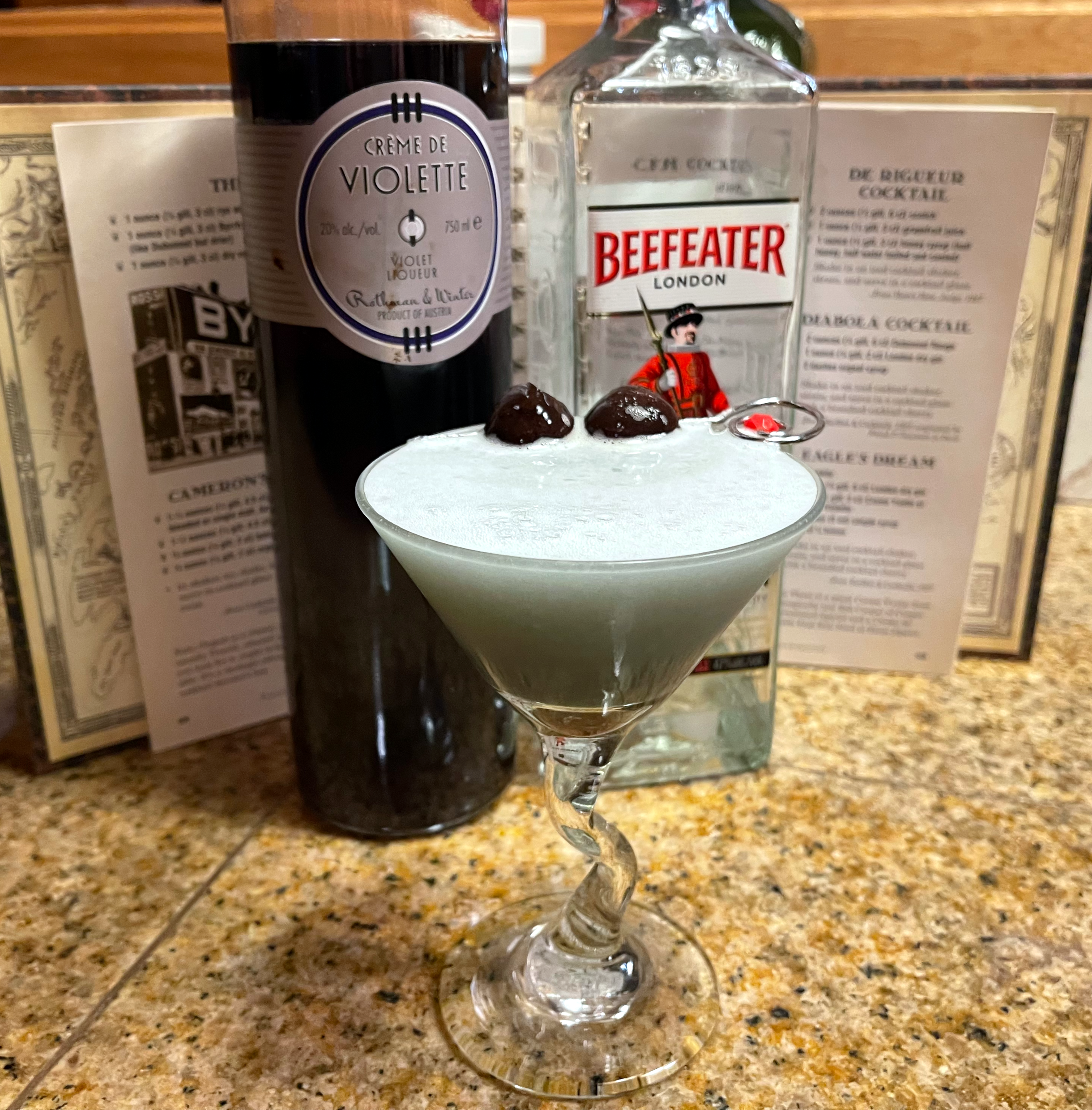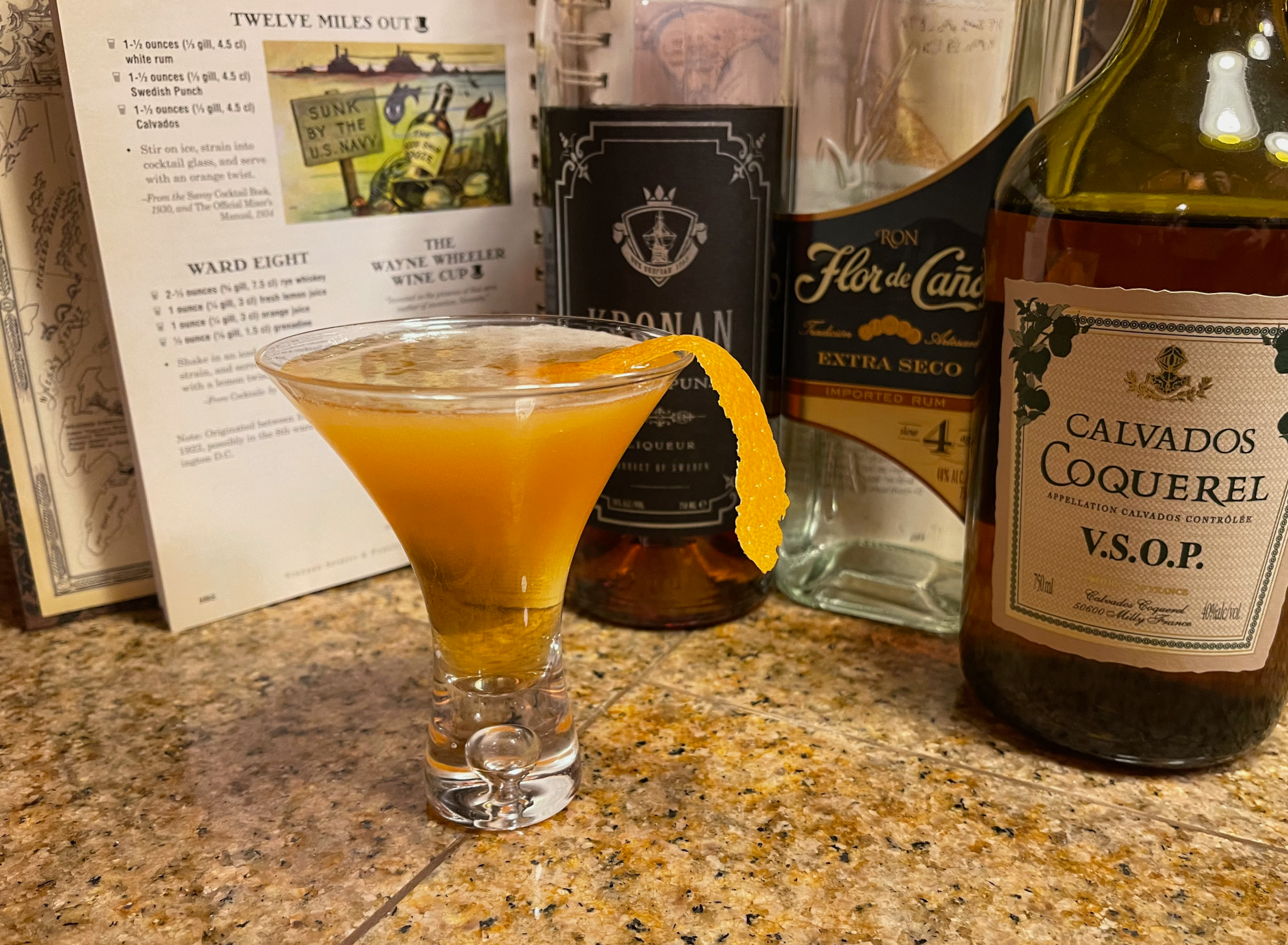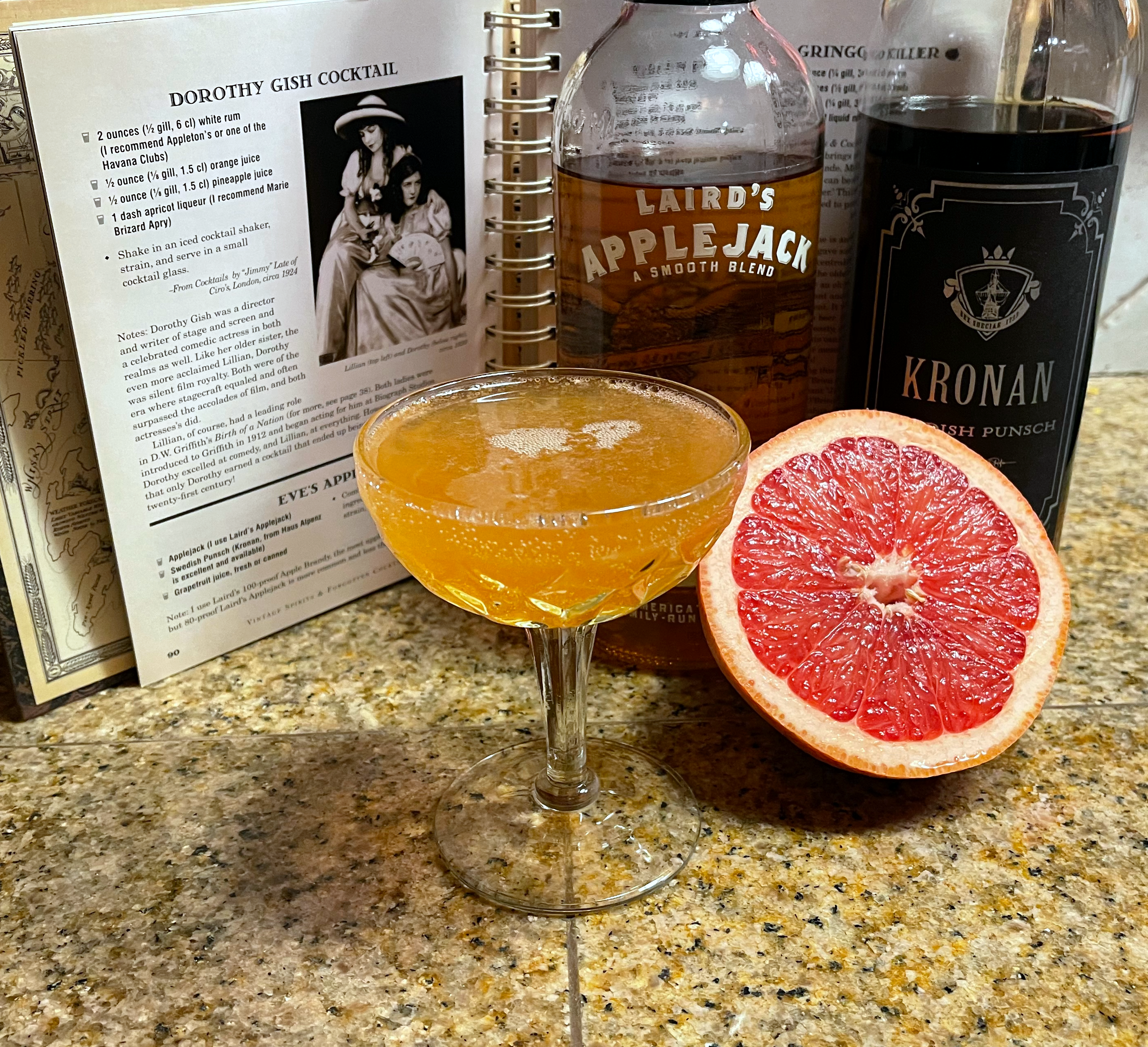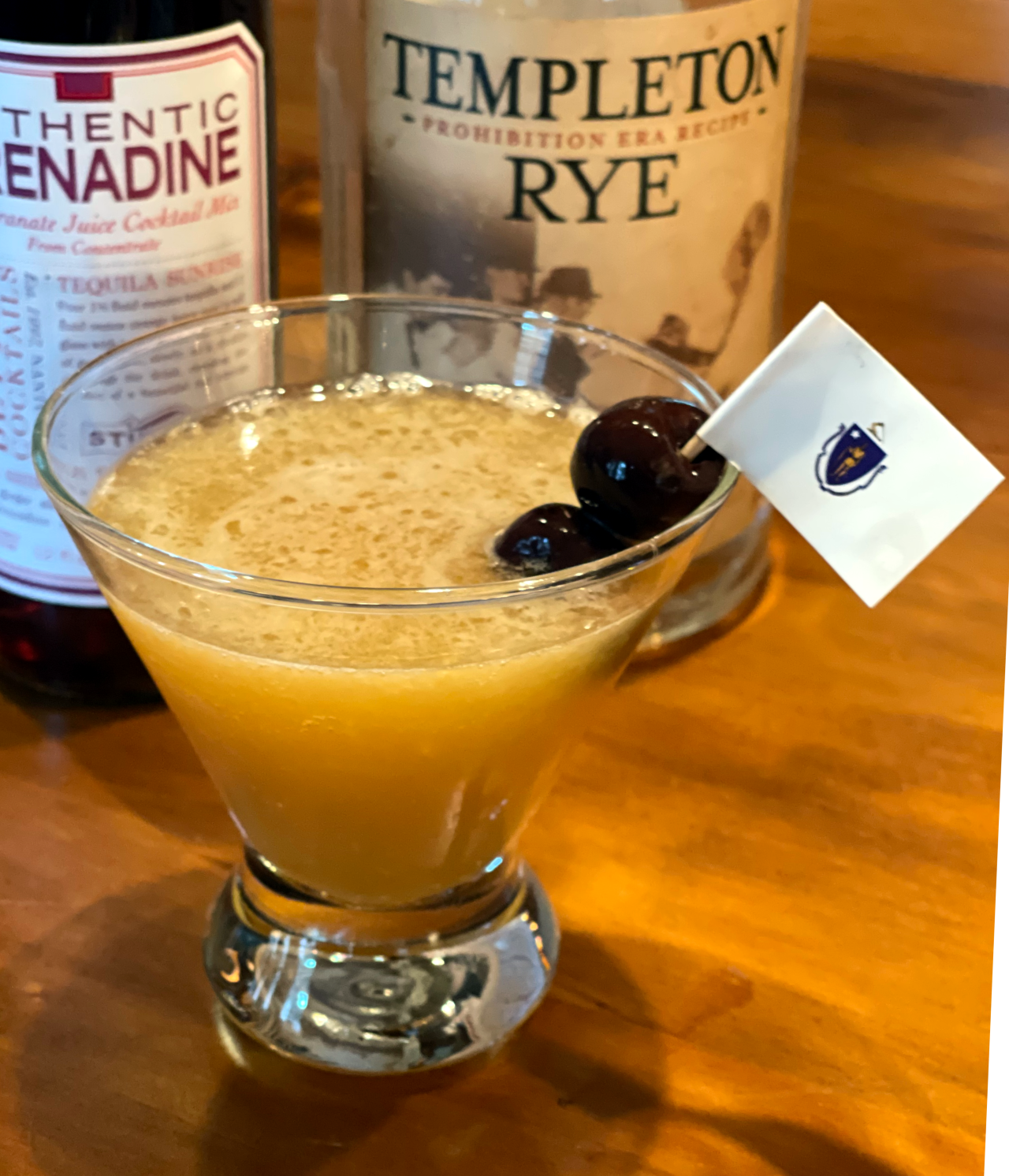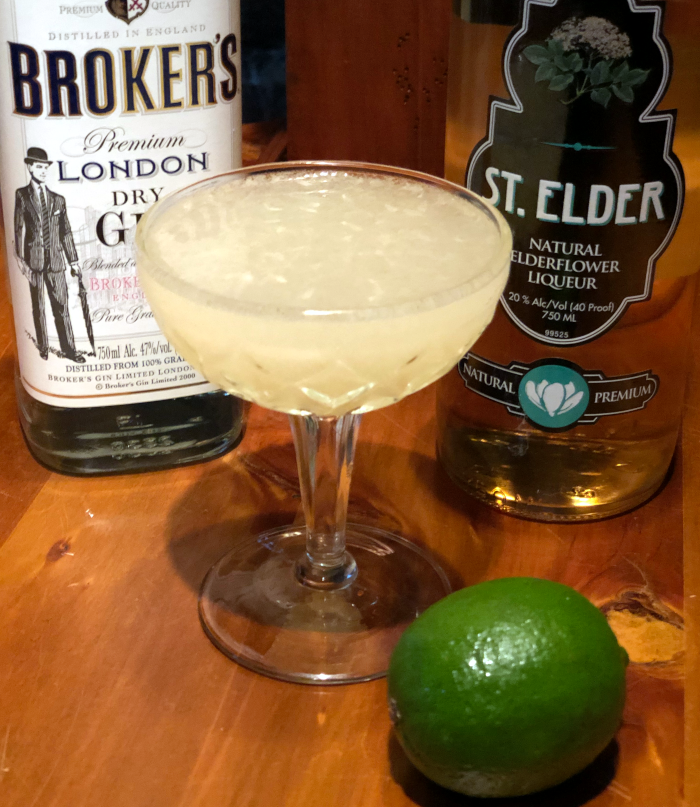The Mosquito
I am a big fan of cocktails made with equal proportions of ingredients, such as the Golden Dawn and my signature Last Word, so I was really excited when I learned that Sam Ross had created a series of cocktails with equal proportions. His most famous is probably the Paper Plane, but he also created a group of four, all containing sweetened ginger juice, that became known as the “bug cocktails”. The first is the Mosquito.
Continue reading